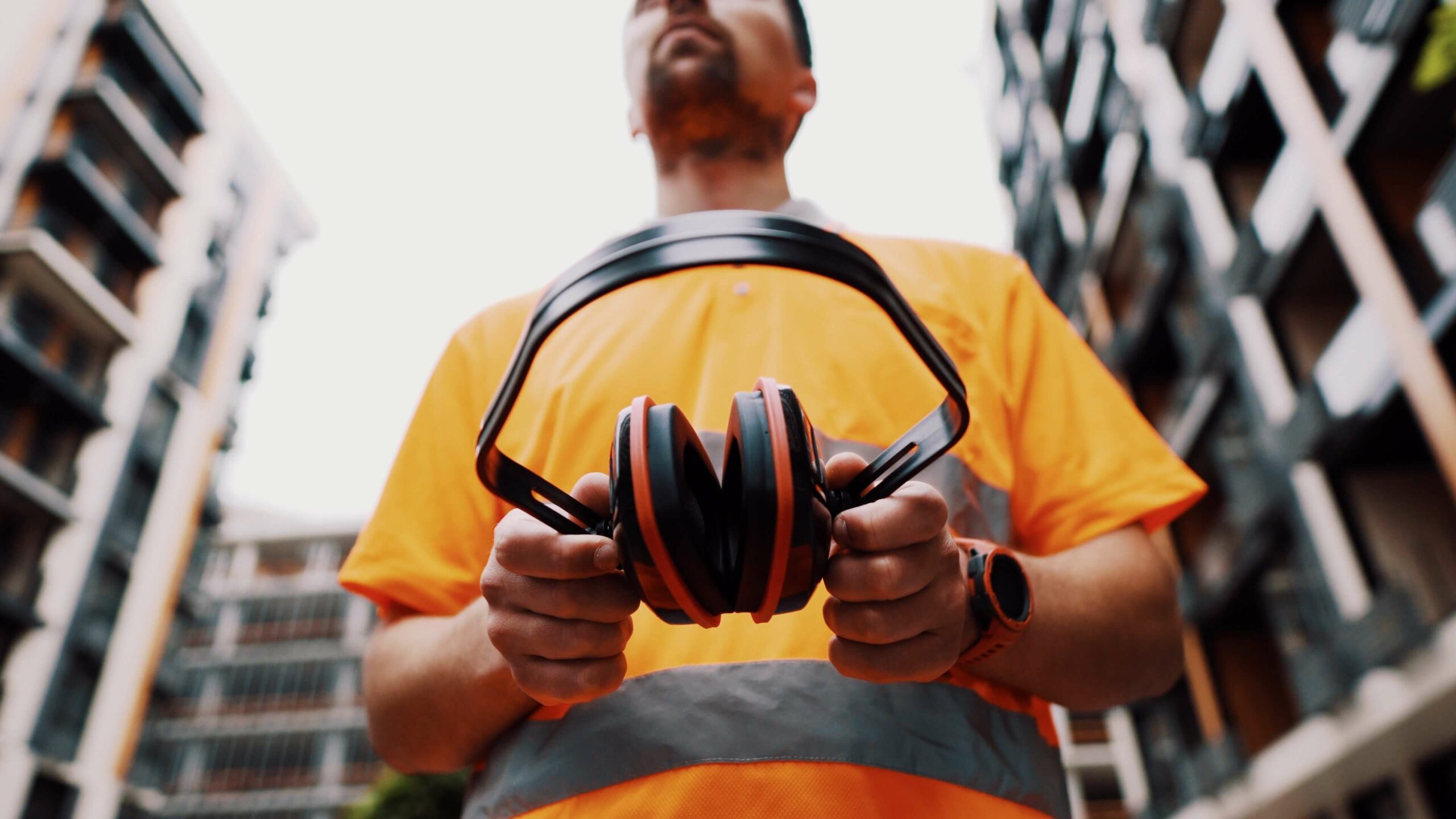
Protecting your hearing from loud noises is essential for preserving your long-term hearing health. Whether you’re exposed to noise in the workplace, at concerts, or during recreational activities, wearing hearing protection is crucial for preventing noise-induced hearing loss. Two common options for hearing protection are earplugs and earmuffs, each offering unique benefits and considerations.
Earplugs: Portable and Versatile
Earplugs are inserted into the ear canal to block or reduce the intensity of sound. They come in various shapes, sizes, and materials, including foam, silicone, and wax. Earplugs are highly portable and convenient, making them ideal for individuals who need hearing protection on the go. They are commonly used in noisy environments such as construction sites, factories, and music venues.
Benefits of Earplugs
- Portability: Earplugs are compact and lightweight, making them easy to carry in a pocket or purse for on-the-go protection. Whether you’re attending a concert, working in a noisy environment, or traveling on a plane, earplugs can provide instant protection against loud noises.
- Comfort: Many earplugs are made from soft, flexible materials that conform to the shape of the ear canal, providing a comfortable and secure fit. Some earplugs are even moldable, allowing you to customize the fit for maximum comfort and effectiveness.
- Versatility: Earplugs are suitable for a wide range of activities and environments, from loud concerts to noisy work environments. Whether you’re attending a sporting event, mowing the lawn, or sleeping in a noisy environment, earplugs can help protect your hearing in various situations.
Considerations for Earplugs
- Insertion: Proper insertion is essential for effective noise reduction. It may take some practice to insert earplugs correctly and achieve a proper seal. Follow the manufacturer’s instructions carefully and experiment with different insertion techniques to find what works best for you.
- Hygiene: Disposable earplugs should be replaced regularly to maintain hygiene and prevent ear infections. Clean reusable earplugs regularly with mild soap and water or a disinfectant solution to remove dirt, wax, and bacteria.
- Isolation: Earplugs provide a high level of noise isolation but may make ita challenging to communicate with others or hear warning signals in some situations. Be mindful of your surroundings when wearing earplugs and remove them if necessary to ensure safety and communication.
Earmuffs: Comfortable and Effective
Earmuffs are ear-covering devices that consist of cushioned ear cups connected by a headband. They are designed to fit over the outer ear, providing a seal that blocks or reduces the intensity of sound. Earmuffs are commonly used in industrial settings, shooting ranges, and recreational activities such as hunting.
Benefits of Earmuffs
- Ease of Use: Earmuffs are easy to put on and take off, making them a convenient option for individuals who need quick and reliable hearing protection. Simply place the ear cups over your ears and adjust the headband for a comfortable and secure fit.
- Comfort: The cushioned ear cups of earmuffs provide a comfortable fit and reduce pressure on the ear canal, allowing for extended wear without discomfort. Earmuffs are ideal for individuals who find earplugs uncomfortable or difficult to insert correctly.
- Communication: Unlike earplugs, earmuffs do not completely block the ear canal, allowing for better communication and awareness of surrounding sounds. This can be particularly beneficial in work environments where verbal communication is essential.
- Durability: Earmuffs are typically more durable than earplugs and can withstand repeated use and exposure to harsh environments. High-quality earmuffs are made from sturdy materials that provide reliable protection against noise and impact.
Considerations for Earmuffs
- Bulkiness: Earmuffs may be bulkier and less portable than earplugs, making them less convenient for individuals who need hearing protection on the go. Consider the size and weight of earmuffs when choosing a pair for everyday use or travel.
- Compatibility: Individuals who wear glasses or other headgear may find earmuffs less compatible or comfortable to wear for extended periods. Look for earmuffs with adjustable headbands and cushioned ear cups for a secure and comfortable fit.
Choosing the Right Option for You
Ready to invest in hearing protection that suits your lifestyle and preferences? Consult with a hearing health specialist to explore your options and find the perfect solution for your needs. Protect your hearing and preserve your auditory health for years to come.
